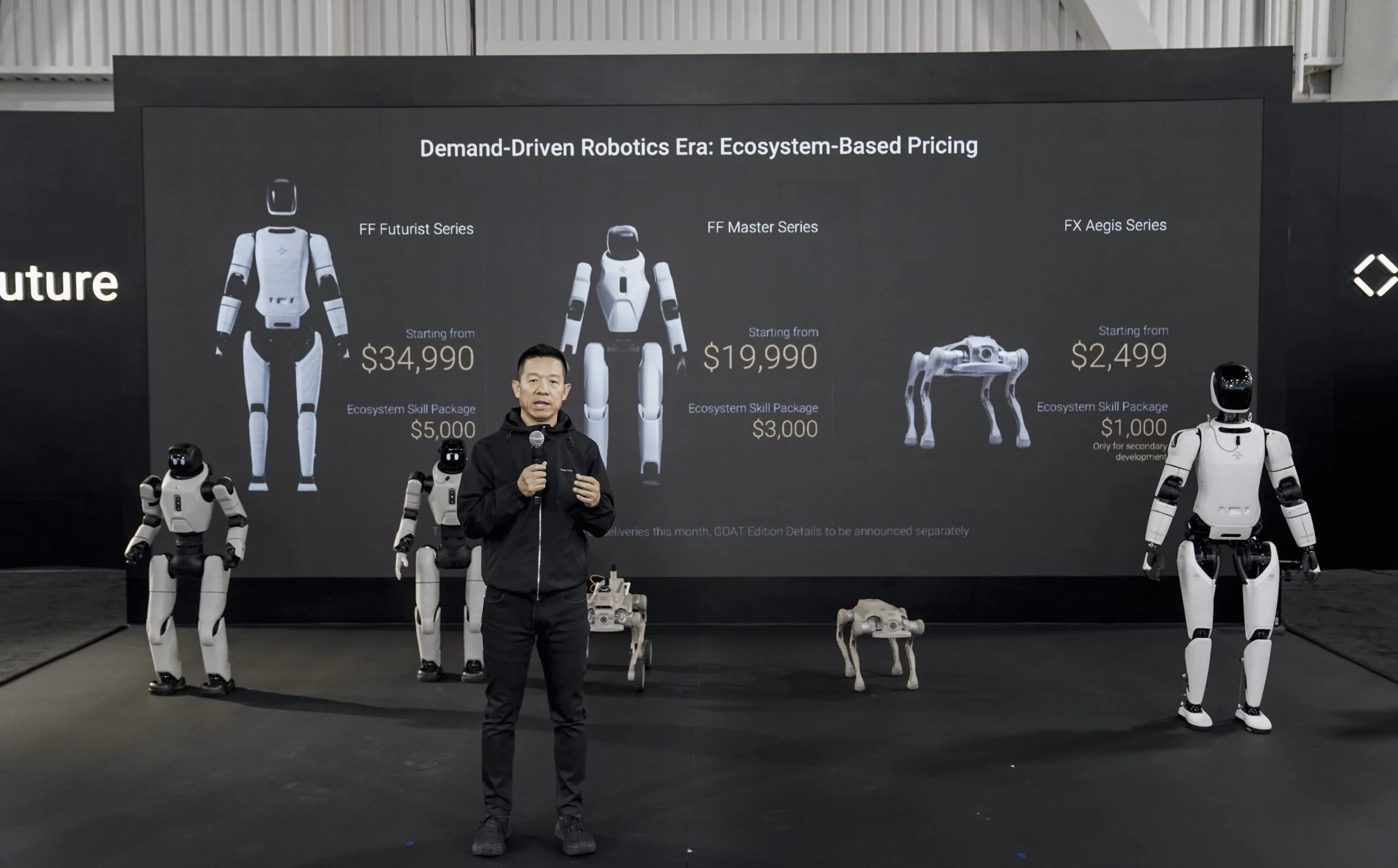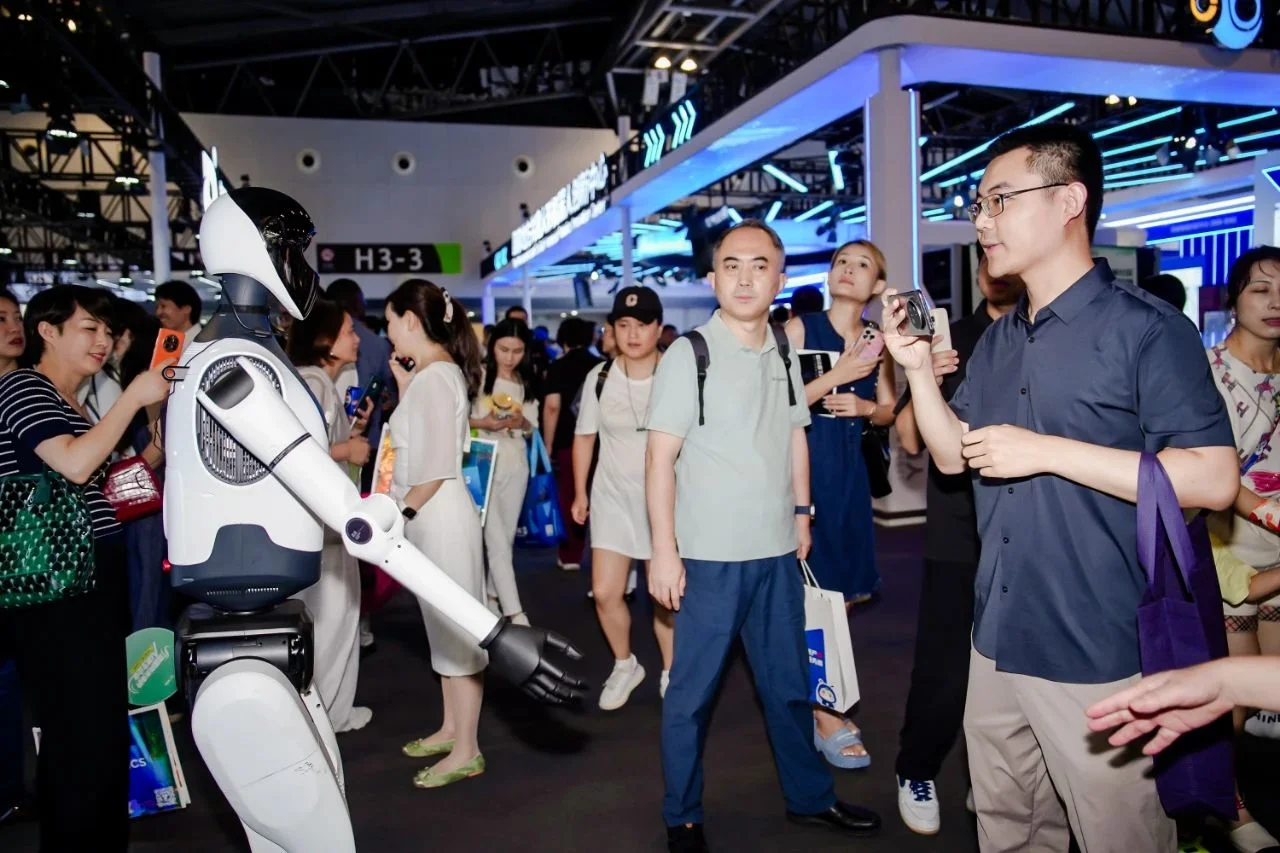Last month on the Lex Fridman Podcast, the host Lex Fridman got to pick the brains of esteemed physicist Sean Carroll, who shared his insights on the profound question of whether artificial intelligence (AI) can truly emulate or surpass human cognition and achieve artificial general intelligence (AGI).
Previously a research professor at the Walter Burke Institute for Theoretical Physics in the Department of Physics at the California Institute of Technology (Caltech), Carroll now holds positions as an external professor at the Santa Fe Institute and the Homewood Professor of Natural Philosophy at Johns Hopkins University.
Carroll challenged the common perception of AGI as an artificial system replicating human-like intelligence. Instead, he advocated for a more nuanced understanding.
“The mistake that is being made by focusing on AGI, among those who do, is an artificial agent that as we can make them now or in the near future might be way better than human beings at some things, way worse than human beings at other things,” said Carroll.
Acknowledging the remarkable progress in language models, Carroll expressed intellectual humility about the underlying mechanisms driving their capabilities.
“I would never have predicted that LLMs the way they’re trained on the scale of data they’re trained on would be as impressive as they are,” he admitted, stressing the need to be open-minded about the nature of intelligence.
At the heart of Carroll’s perspective lies the idea that AI and human intelligence may operate through fundamentally different principles.
“Artificial intelligence is different than human intelligence,” he said, suggesting that judging AI systems against human benchmarks might be misguided. “We’re missing a chance to be much more clearheaded about what large language models are by judging them against human beings, again both in positive ways and negative ways.”
While acknowledging the remarkable progress in AI, Carroll encouraged a more balanced view, recognizing both the strengths and limitations of these systems.
“If you’re trying to be rational and clear thinking about this, the first step is to recognize our huge bias towards attributing more intentionality to artificial things than are really there,” he cautioned.
As the discussion delved deeper into the nature of intelligence, Carroll highlighted the potential role of physics in advancing AI capabilities.
“Physics can help with the heat generation, the inefficiency, the waste of existing high-level computers is nowhere near the efficiency of our brains,” he noted, which suggests that optimizing energy efficiency could unlock new frontiers in computing power.
Carroll’s view offers an interesting lens through which to view the ongoing developments in AI and the quest for AGI. By challenging conventional notions, embracing intellectual humility and recognizing the potential for fundamentally different principles governing artificial and human intelligence, Carroll’s insights encourage a more profound exploration of the nature of cognition and the future of AI.
Featured image: Credit: Lex Fridman podcast






